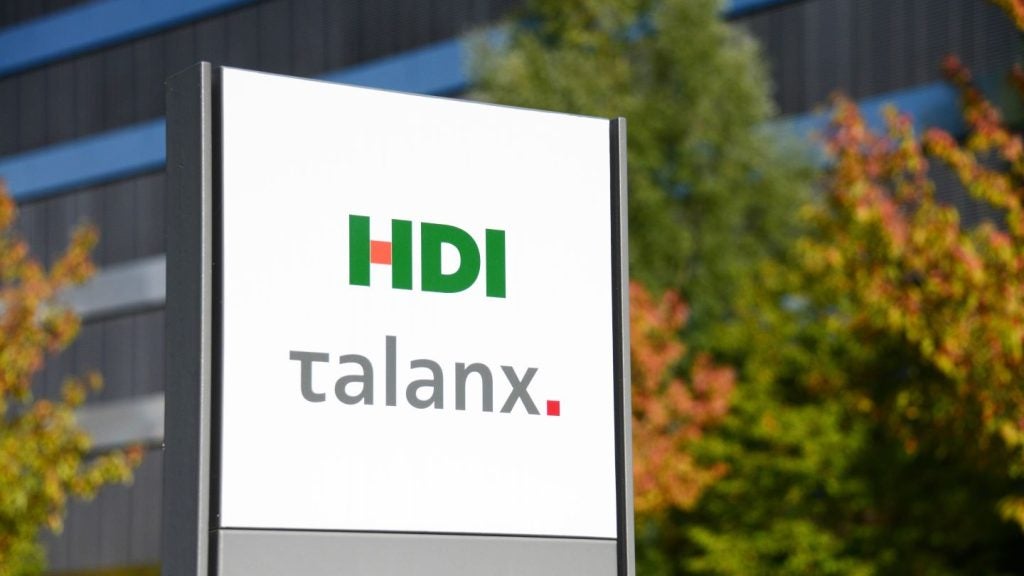After a precipitous plunge in 2008 and 2009, life
insurance premium income in the UK stabilised in 2010. However,
pressure on disposable incomes is likely to prevent any meaningful
recovery until at least 2013, with even this being placed in doubt
by the potential negative impact of the Retail Distribution
Review.
Although the UK’s life insurance industry will continue to face
challenging market conditions for some time to come there is some
light at the end of the tunnel. This is the view of the Ernst &
Young ITEM Club (ITEM Club), an independent economic forecasting
group sponsored by professional services firm Ernst &
Young.
 The
The
ITEM Club was founded in 1977 as the Independent Treasury Economic
Model, and is the only economic group that bases its forecasts on
the model of the UK economy produced by the country’s national
treasury department.
In an assessment of the UK life
industry’s prospects, the ITEM Club emphasises that the weakness in
disposable incomes that restricted growth in gross life premium
income to a mere 0.1% rise in 2010 will persist this year and
during 2012. The ITEM Club forecasts that personal disposable
incomes will contract by 1.2% in real terms in 2011 and then rise
modestly by 1.4% in 2012.
The economic forecasting group also
noted that although there has been a recovery in household savings,
consumers have tended to focus on reduction of debt rather than
increased savings provision through avenues such as life-linked
products. The ITEM Club believes renewed softening of house prices,
which it expects to extend into 2012, is putting a dampener on
demand for savings products.
The forecasting group noted:
“Insurance brokers have reported stagnant or falling business and
softening of fees and commissions in the first half of 2011,
confirming a drop-out by some households.”

Flat until
2013
Against this background, the ITEM
Club forecasts that the life industry will see gross premium income
grow by about 0.5% in 2011 to just over £137bn ($227bn) and by
about 1.7% in 2012 to just under £140bn. On a more positive note,
it forecasts that in line with stronger real income growth, annual
growth should rise above 5% from 2013 onwards, with gross premium
income reaching about £163bn in 2015. This figure would still be
only about three quarters of the all-time high attained in
2007.
The ITEM Club also added a word of
caution on its predictions. This was related to the Financial
Services Authority’s Retail Distribution Review (RDA) rules that
come into force at the end of 2012. Specifically, the forecasting
body pointed to the restructuring of independent financial
advisers’ (IFA) fees that will see the removal of all commissions
from pension and investment products and the requirement for IFAs
to sit mandatory exams.
“Research by Ernst & Young
suggests that at least one-third of the 30,000 advisers currently
in the UK will leave the industry by the end of next year,” noted
the ITEM Club. “If realised, the sharp reduction in IFAs could have
a significant negative impact on new business volumes for
insurers.”
Insight into how UK insurance
companies feel about prospects has been provided by the ABI
Leadership Survey, recently undertaken by the Association of
British Insurers (ABI) and professional services firm KPMG. The
survey covered 57 senior executives from across the full spectrum
of the industry, including life, health and general insurers,
reinsurers and wealth and pension management specialists.
Cautious
optimism
According to the survey there is “a
note of cautious optimism” with 40% of insurance executives
expecting the operating environment to “improve a little” over the
next two years” compared to 32% who expect it to “deteriorate
slightly”.
The ABI and KPMG noted: “Although
very tentative, this is the most optimistic insurers have been
since before the financial crisis.” However, they added: “It is not
a given that an improved operating environment will translate into
increased [insurance industry] growth.”
Summing up the findings of the
survey, UK head of insurance at KPMG Drew Fellowes stressed that
beyond sweeping regulatory change the industry’s biggest challenges
are to improve its relationship with customers and “reinvent its
reputation”.
On the industry’s growth potential
he said: “From a strategic point of view, the big question remains
around where future growth will come from.”
He added that finding sources of growth “is a feat not to be
underestimated in these challenging times”.







